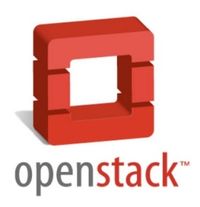
The latter checks aren't spelled out explicitly as in the Constitution. But it's very clear from recent events that governance is not a one-way street, and there are levers that can be pulled by the community, against a project's reputation, which will force a rational project manager to moderate their demands or lose everything.
These checks include the fork, the boycott and the strike. The threat to do any of these things against a project are powerful incentives for management to come to the table.
All three weapons were used against Oracle's management of Openoffice.org, and Oracle now seems to have thrown in its hand . That's the Oracle way. Rather than play out a losing hand they make a decision to toss it aside and move on.

The hope had been to do with Openoffice.org what IBM has been doing for years with Symphony, to offer the code for a free download while restricting support to paying customers. It didn't work, in part because Oracle wasn't set up to do things that way, but also because Openoffice.org wasn't set up to have things that way, in the way that Symphony is.
Symphony's modest success as IBM's commercial open source office suite took years of quiet hard work to achieve. Oracle's attempt to match it was being done in full view of the public. Symphony users know the deal, and prefer it to the alternative. Oracle was trying to re-make the deal, reneging on the software's past commitments.
Open is not something you can really take back.

So even though they bought Anso Labs, which had been its main development partner, Rackspace is re-working its governance structure so that it won't have full control. It's stepping back from that because it not only needs the help of others to get the code done, but to have the code accepted, to get it market share.
Reputation is the key to open source success.
Governance is an important way to maintain it. What I hadn't realized, until recently, was that this goes beyond the question of the license, or the copyright, but to the process by which a project is managed. Unless managers recognize the checks that can be brought against them, at any point in the development or marketing process, they can fail.
As Oracle did. And that object lesson is going to be very important going forward. Just as Marbury vs. Madison showed that the Supreme Court has real power, so OpenOffice.org vs. Oracle has shown that the community does in open source.
It's a key precedent.









